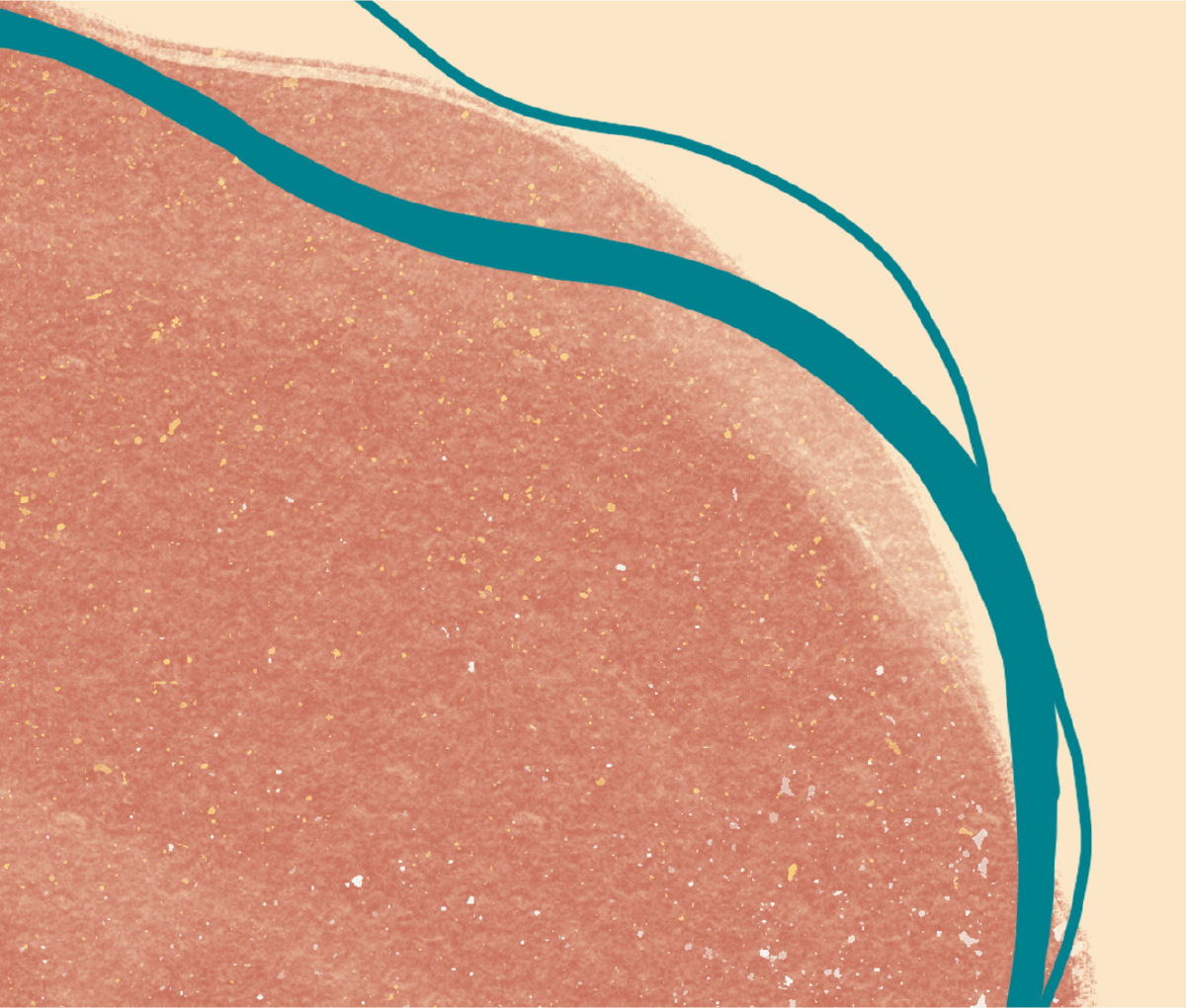Session 7: Clinical Care and Treatment

Objectives
- Know how to provide appropriate treatment and care and demonstrate clinical skills to respond to the needs of survivors of sexual assault within 72 hours after the assault and for those seeking care 72 hours or more after the assault
- Describe the use of the emergency contraception pill, and which patients should be offered ECP
- Describe the use of HIV PEP, and which patients should be offered HIV PEP
- Describe the use of STI prophylaxis, and which patients should be offered STI prophylaxis
- Demonstrate the skills to assess risk and to support safety planning
- Know what resources are available in the community, and demonstrate knowledge to help survivors access resources and services
- Describe common psychological reactions to sexual violence and demonstrate the ability to provide basic psychosocial support
- Know how to assess mental health issues
Presentation
Facilitator guide
Activities
Videos
7.1 Tetanus vaccination
7.2 Preventing unwanted pregnancy
7.3 Preventing HIV
7.4 Preventing STIs
Video by International Rescue Committee and UCLA – Center for International Medicine. https://www.rescue.org/.
Please see https://iawg.net/resources/clinical-care-for-sexual-assault-survivors for the complete clinical care for sexual assault survivors (CCSAS) multimedia tool.
7.5 Preventing Hepatitis B
7.6 Enhancing safety and connecting with support
7.6 Assessment and management of suicide
Participant handouts
Key messages
- Immediate treatment includes first-line support and, as needed, treatment of injuries, tetanus vaccination, ECP, HIV PEP, STI prophylaxis and hepatitis B prevention
- HIV PEP can be used up to 72 hours (3 days) to prevent transmission of HIV. It should be started as soon as possible after possible exposure to HIV.
- Emergency contraception pill (ECP) can be used within 120 hours (5 days) after the rape to prevent a potential pregnancy. It is more effective given as soon as possible after unprotected sex.
- Determine and offer appropriate care depending on the time of presentation. Discuss all available treatment options with the survivor.
- Risk assessment gauges immediate safety needs
- Trust your patient when she says that she faces severe danger
- Support the patient to make a plan to improve her safety
- Linking and referring her to support services that can respond to her needs is a key activity
- All front-line providers can offer basic psychosocial support
- Basic psychosocial support includes:
- Assessing mental state, strengthening coping mechanisms, linking with social support and stress reduction exercises
- Assessing survivors with thoughts of suicide or self-harm, continuing mental health symptoms for moderate – severe depression and PTSD and refer to MH specialists
Required supplies & materials
- Projector, laptop
- Pen and blank paper workbook for each participant
- Flip chart, markers
- Large space for participants to move around
- Sign with "yes" or "no"
- Print outs of activities - depending on which activities you choose
Further resources for facilitators (Optional)
- WHO (2019) Clinical management of rape and intimate partner violence survivors, Providing treatment, Enhancing safety and referring for additional support, pg 22-29, Additional care for mental health and psychosocial support, pg 33-35
- WHO Guidance on provider-initiated HIV testing and counseling in health facilities
- WHO Hepatitis B fact sheet
- WHO (2016). Guidelines for the treatment of Chlamydia trachomatis. Geneva
- WHO (2016). Guidelines for the treatment of Neisseria gonorrhoeae. Geneva.
- WHO (2016) . Guidelines for the treatment of Treponema pallidum (syphilis). Geneva.
- WHO (2014) Clinical practice handbook for safe abortion. Geneva.
- International Consortium for Emergency Contraception (ICEC) (2018) . Emergency contraceptive pills: medical and service delivery guidelines, fourth edition. Washington (DC).
- World Health Organization (WHO) , United Nations High Commissioner for Refugees (UNHCR) (2015). mhGAP humanitarian intervention guide (mhGAP-HIG): clinical management of mental, neurological and substance
- Norwegian Church Aid (2020) Integrating Therapeutic Interventions into Gender-based Violence Case Management
